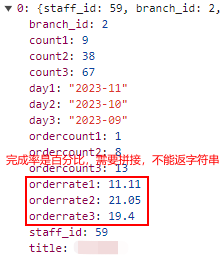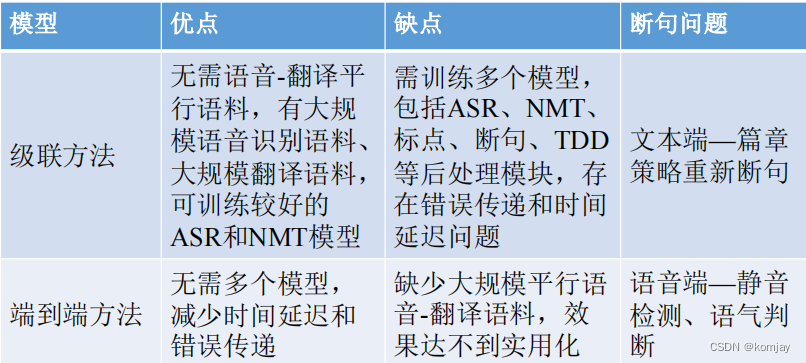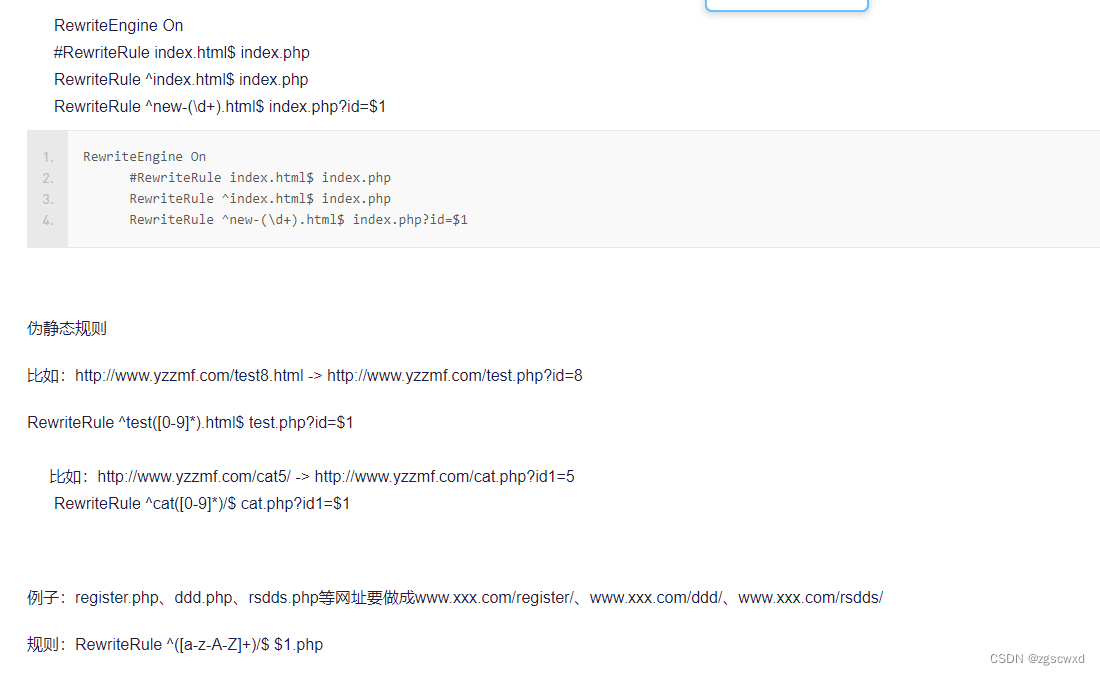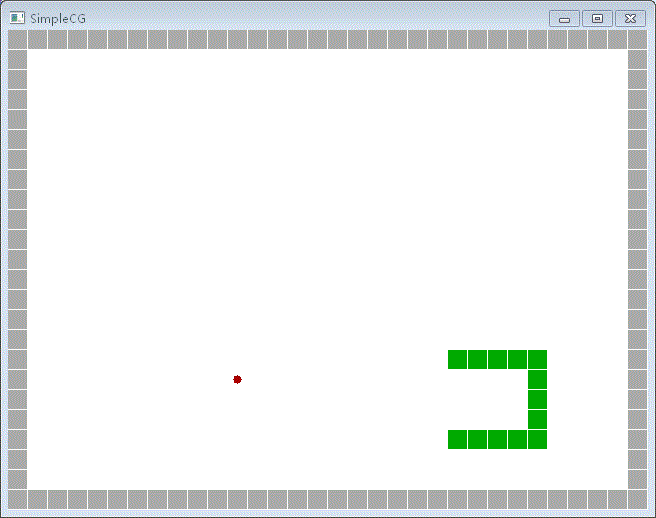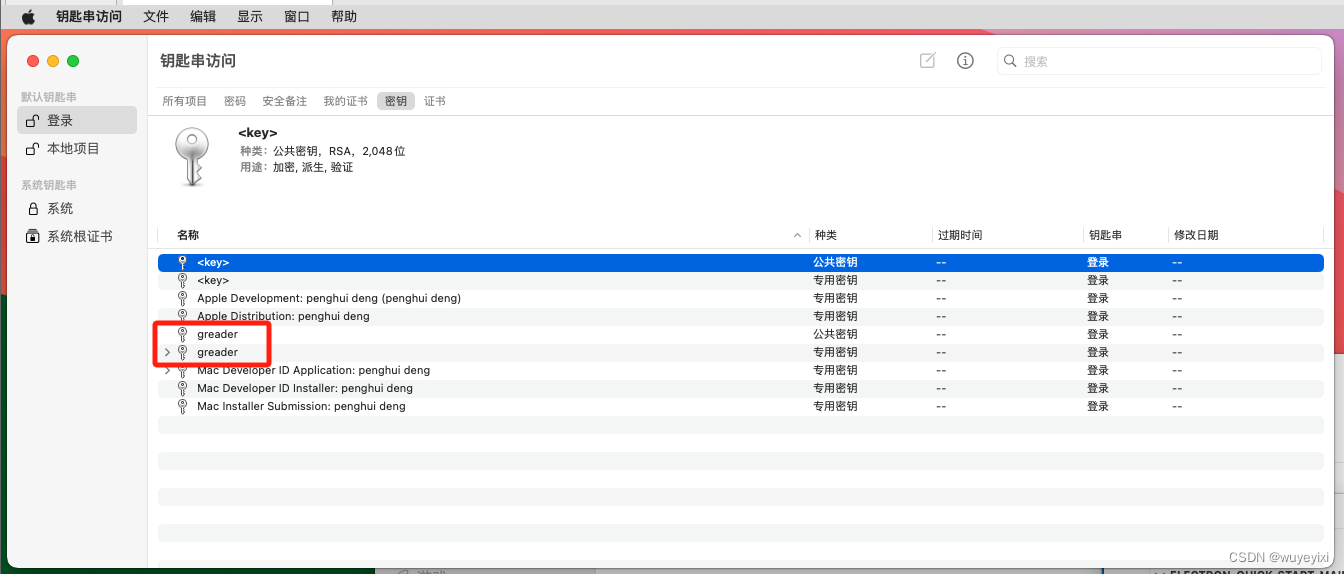初识类
一个 demo 完事:
#include <iostream>
#include <fstream>
#include <string>
#include <cstring>
using namespace std;class Student {enum { SEX_LEN = 5 };string name;string id;char sex[SEX_LEN];unsigned int age;
public:Student();Student(const string &name, const string &id, const char* sex, unsigned int age);void show() const;const Student& who_age(const Student& stu) const;};int main()
{Student Bob("Bob", "20213333", "m", 18);Student Tom{"Tom", "22223333", "m", 20};Bob.who_age(Tom).show();return 0;
}Student::Student()
{name = "No";id = "No";strcpy(sex, "No");age = 0;
}Student::Student(const string &name, const string &id, const char* sex, unsigned int age)
{this->name = name;this->id = id;strncpy(this->sex, sex, SEX_LEN-1);this->age = age;
}void Student::show() const
{cout << "Name: " << name << ", "<< "id: " << id << ", "<< "sex: " << sex << ", "<< "age: " << age << endl;
}const Student& Student::who_age(const Student& stu) const
{return stu.age>age?stu:*this;
}主要来看下 IDA,感觉识别的不是很好啊:

当然这里涉及到了 string 类了,这里后面 STL 的时候再说吧。
运算符重载与友元
运算符函数格式:operatorop(arg-list) ==> operator=() 表示重载 = 运算符
一个 demo 完事:
#include <iostream>
#include <fstream>
#include <string>
#include <cstring>
using namespace std;class Point {
private:int x;int y;friend ostream& operator<<(ostream& out, const Point &p);friend Point operator*(const Point& p, int n);friend Point operator*(int n, const Point& p);
public:Point() { x = 0; y = 0; }Point(int x, int y);Point operator+(const Point& p) const;Point operator*(const Point& p) const;Point operator++(); // 前置++Point operator++(int); // 后置++void show() const;
};int main()
{Point p1(2, 3);Point p2(1, 2);Point p3(4, 2);Point p = p1 + p2 * p3;p.show();Point p4 = ++p1;Point p5 = p4++;cout << "p4 = " << p4 << endl;cout << "p5 = " << p5 << endl;cout << "p5*2 = " << p5*2 << endl;cout << "2*p4 = " << 2*p4 << endl;return 0;
}Point::Point(int x, int y)
{this->x = x;this->y = y;
}Point Point::operator+(const Point& p) const
{cout << "oprator +\n";return Point(x+p.x, y+p.y);
}Point Point::operator*(const Point& p) const
{cout << "oprator *\n";return Point(x*p.x, y*p.y);
}Point Point::operator++()
{cout << "oprator ++p\n";return Point(++x, ++y);
}Point Point::operator++(int)
{cout << "oprator p++\n";return Point(x++, y++);
}ostream& operator<<(ostream& out, const Point& p)
{out << "(" << p.x << ", " << p.y << ")";return out;
}Point operator*(const Point& p, int n)
{return Point(p.x*n, p.y*n);
}Point operator*(int n, const Point& p)
{return Point(p.x*n, p.y*n);
}void Point::show() const
{cout << "(" << x << ", " << y << ")\n";
}这里关键的地方就是对二元运算符的重载,比如在重载 * 运算符时,我们希望 2*p,但是我们知道成员函数的第一个参数才是 this 指针,所以这里通过成员函数就无法完成重载,这里就得使用友元函数。
友元有友元函数,友元类,友元成员函数,这里仅仅用到友元函数,简单来说就是友元函数与成员函数具有相同的访问私有数据的权限。
使用也很简单:
1)加上 friend 关键字
2)将函数声明放在类中
最后输出如下:
oprator *
oprator +
(6, 7)
oprator ++p
oprator p++
p4 = (4, 5)
p5 = (3, 4)
p5*2 = (6, 8)
2*p4 = (8, 10)可以看到是先运算的乘法在运算的加法,所以可以知道重载运算符不改变运算符的优先级和结合性。
还有就是注意下前置++和后置++重载的区别。
类 类型转换
todo(感觉不是很重要,所以并不打算写,但是如果后面遇到的话,再回来补)
